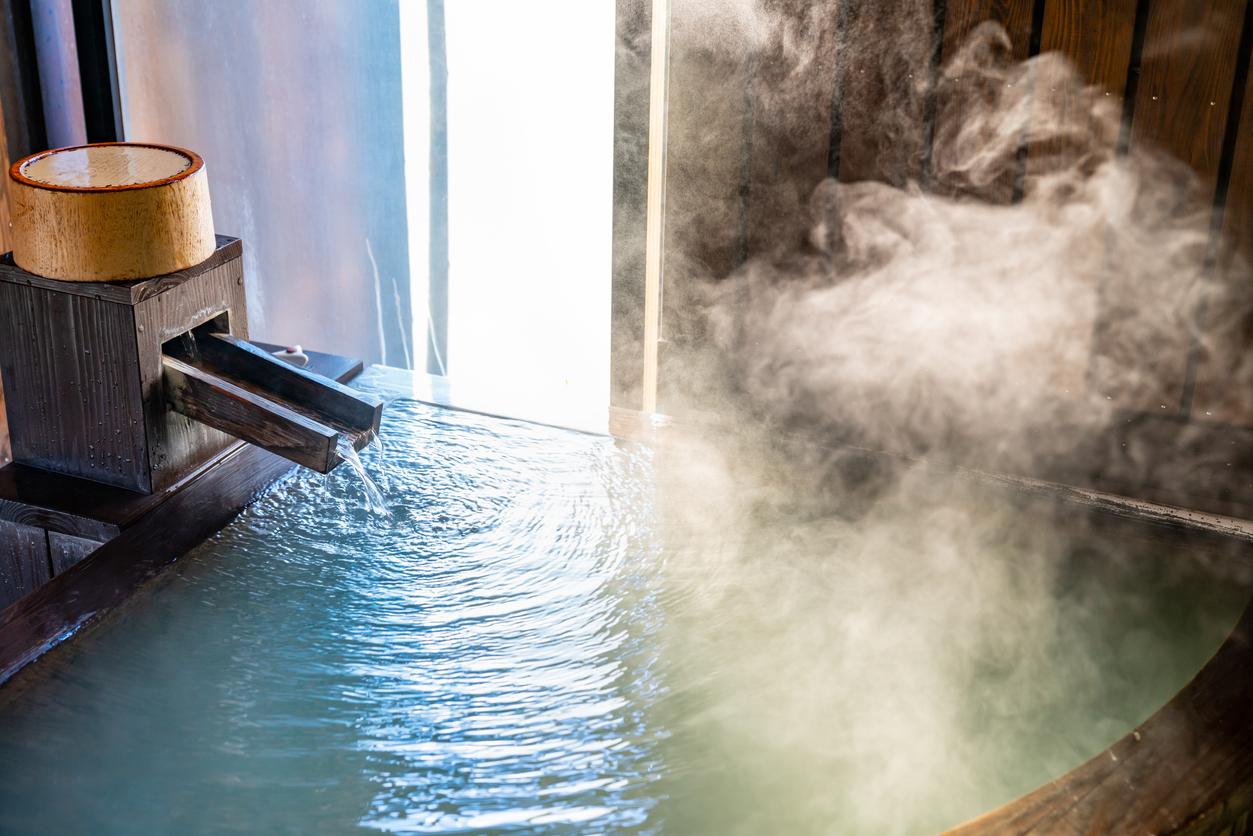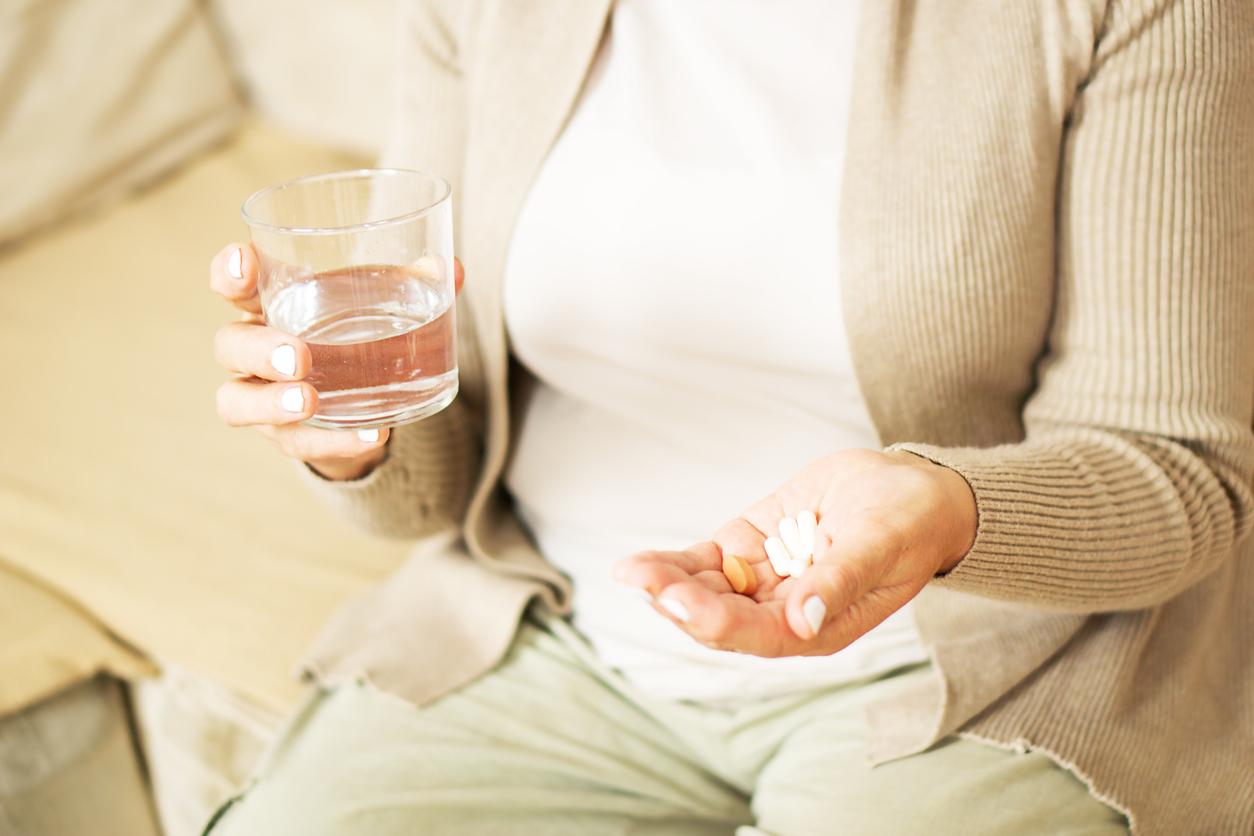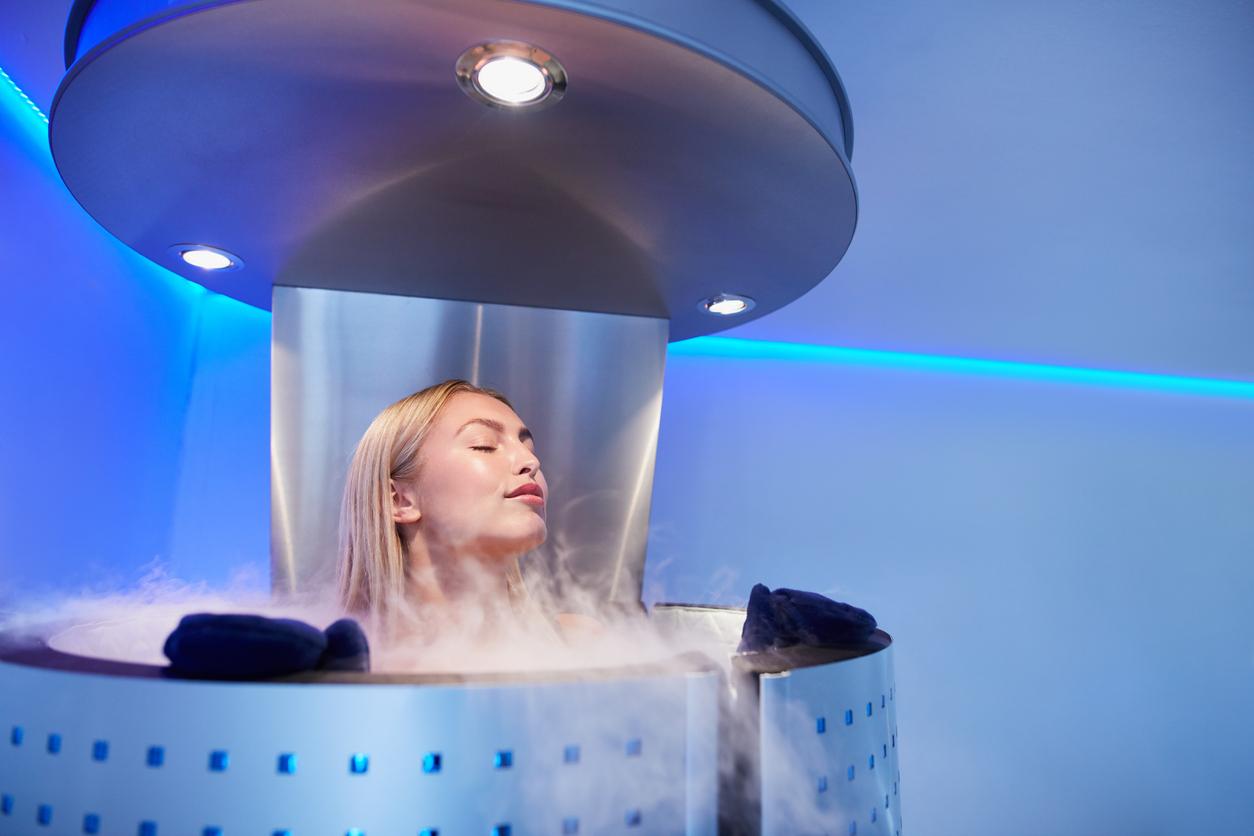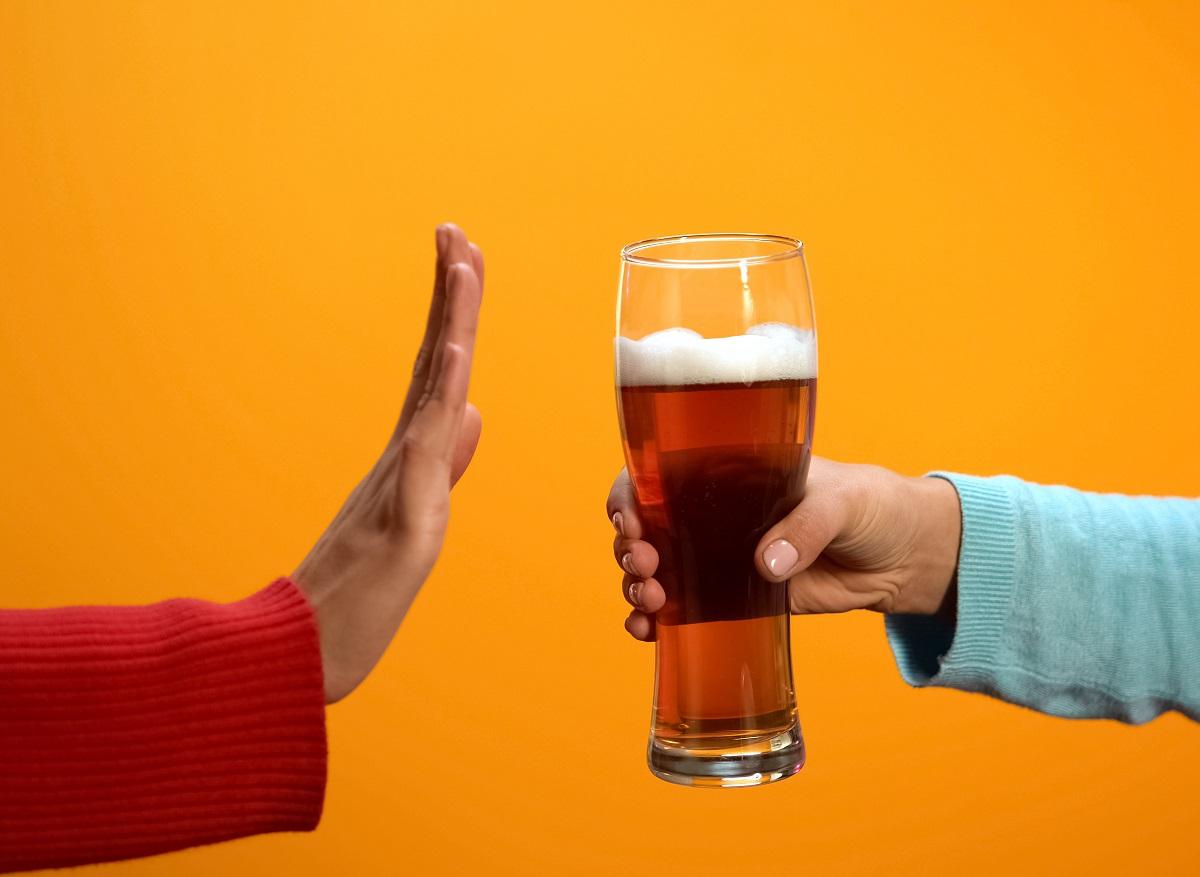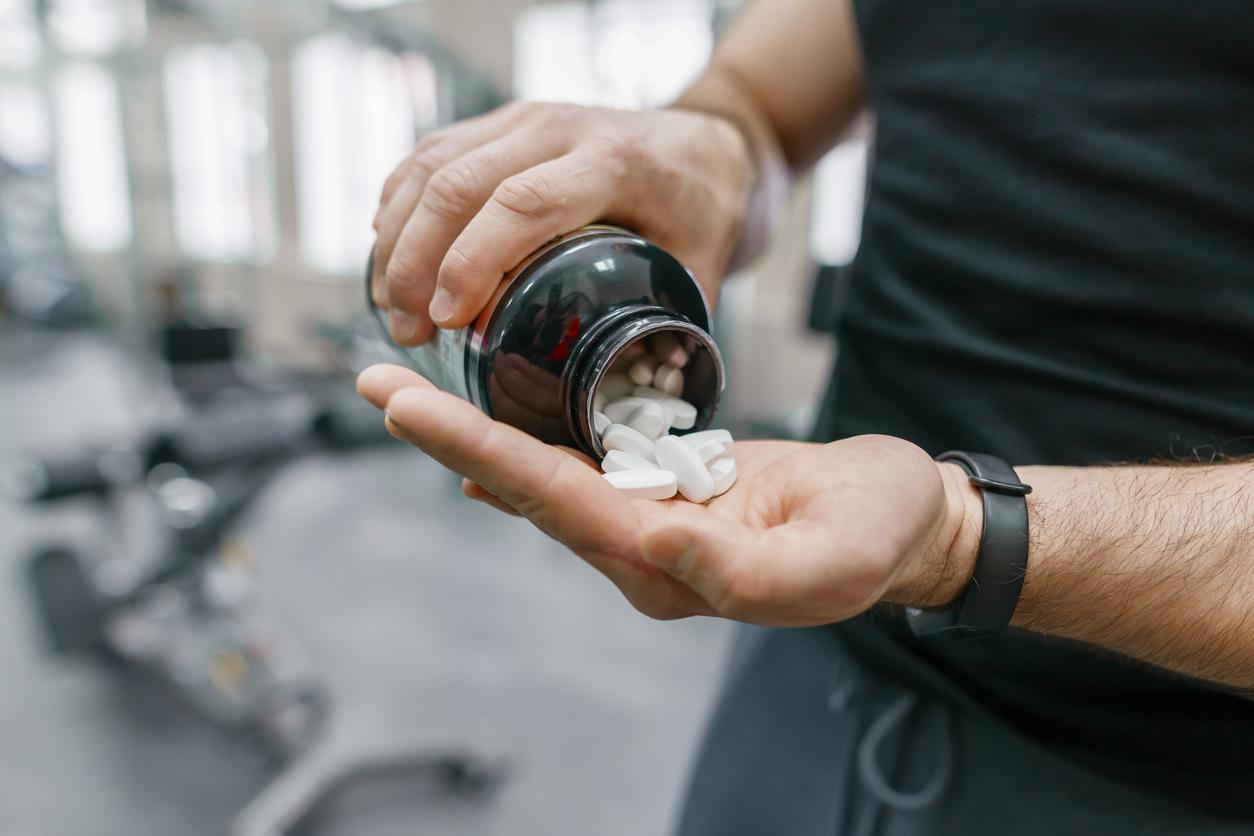While whole body cryotherapy, which consists of exposing the body for two to three minutes to intense cold ranging from -110 to -170°C, is increasingly popular, the benefits of this method, which is not without secondary, still remain to be proven, according to a recent report by inserm.
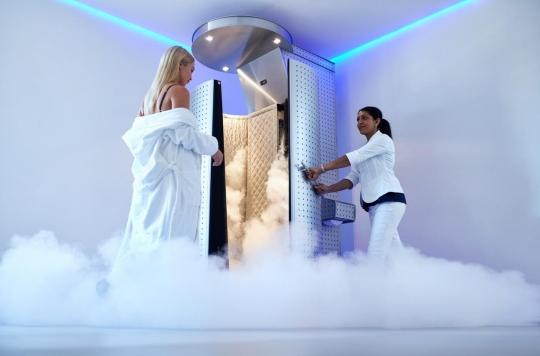
Cold has been used in medicine for thousands of years to fight pain and inflammation. Whole body cryotherapy, which consists of exposing the body for two to three minutes to intense cold ranging from -110 to -170°C, has been practiced since antiquity in the form of a cold bath. But since the 1970s, the application of cold jets or ice packs has started to become popular, especially with athletes in order to prevent or treat muscle pain after exercise. However, in recent years, this practice has been increasingly suggested to treat inflammatory (rheumatism, etc.) or neurological diseases. Some centers of thalassotherapy offer even to help their customers sleep better. However, despite its growing popularity, this method is not without risk and its benefits are questionable, according to a report of the insert published at the beginning of September.
“Biological mechanisms are regularly proposed to explain the beneficial effect of cold on the body. These explanations are variously convincing and are, in any case, not sufficient”, note the researchers in their report entitled Evaluation of the efficacy and safety of whole body cryotherapy for therapeutic purposes.
Specialists in favor of cryotherapy, however, highlight many benefits. According to them, the brutal thermal shock would lead to a retraction of the blood vessels then to a dilation when leaving the chamber, thus leading to a modification of blood flows and oxygenation of the tissues. In addition, this extreme cold would help to reduce pain thanks to the anesthesia of the cutaneous receptors and the reduction in the speed of transmission of nerve impulses. It would also allow the release of endorphins, hormones of well-being, as well as anti-inflammatory molecules. Finally, it would cause a slowing of the heart rate.
Effects measured only in the short term
According to the National Institute of Sport, Expertise and Performance (Insep), after a trail run, runners regain their maximum muscle strength after one hour after whole-body cryotherapy, compared to 24 hours after an infrared session. They would also feel less tired. Nevertheless, “some (studiesEditor’s note) are based on a subjective feeling, not always on precise measurements”, recognizes Jean-Robert Filliard, doctor of sports sciences at the Institute.
It is also practiced to facilitate the rehabilitation of injuries such as strains, tendinitis or sprains or even after surgery, to reduce edema and reduce healing time. In which case, it is used in addition to ultrasound or shock waves but never alone.
But according to Inserm researchers, after analyzing the studies carried out on the subject (several have been carried out by Insep), the results in favor of a positive effect of cryotherapy are modest and measured only in the very short term. Indeed, users often report effects noticed one hour after the session. “On the other hand, the methodological quality of the studies leaves much to be desired, which should lead to all the more relativizing the positive effects reported”, they warn.
Many side effects have been reported
And, “in any case, cryotherapy can in no way claim to effectively treat cancers or other severe somatic pathologies”, insist the authors of the report.
Moreover, this practice would pose security problems. Indeed, many side effects have been reported by users such as burns, headaches or even chronic cold urticaria. Thus, there is an absolute need to better study and evaluate whole-body cryotherapy under optimal conditions, concludes the report.
Finally, remember that this practice is strongly discouraged for people with hypertension. “Indeed, the thermal shock induced by cryotherapy will considerably increase blood pressure and solicit the cardiovascular system. The risks of complications are such that it is not recommended for people with uncontrolled hypertension to follow a cryotherapy session. In case of doubt, it is strongly advised to consult your doctor for medical advice”, notes CryojetSystem France website which offers sessions all over France.
.











